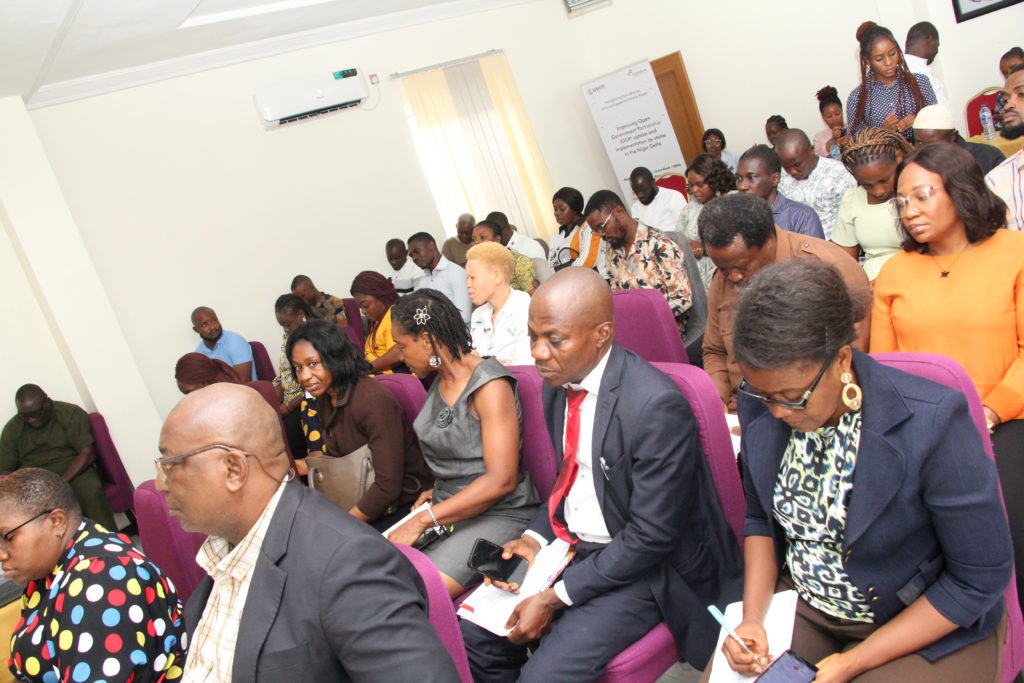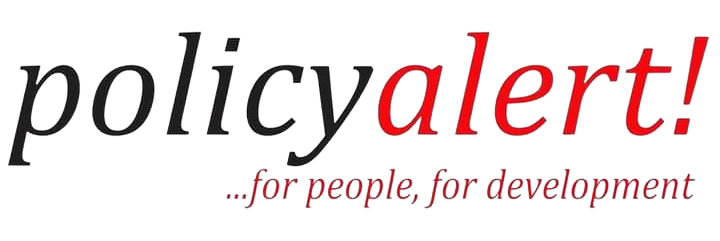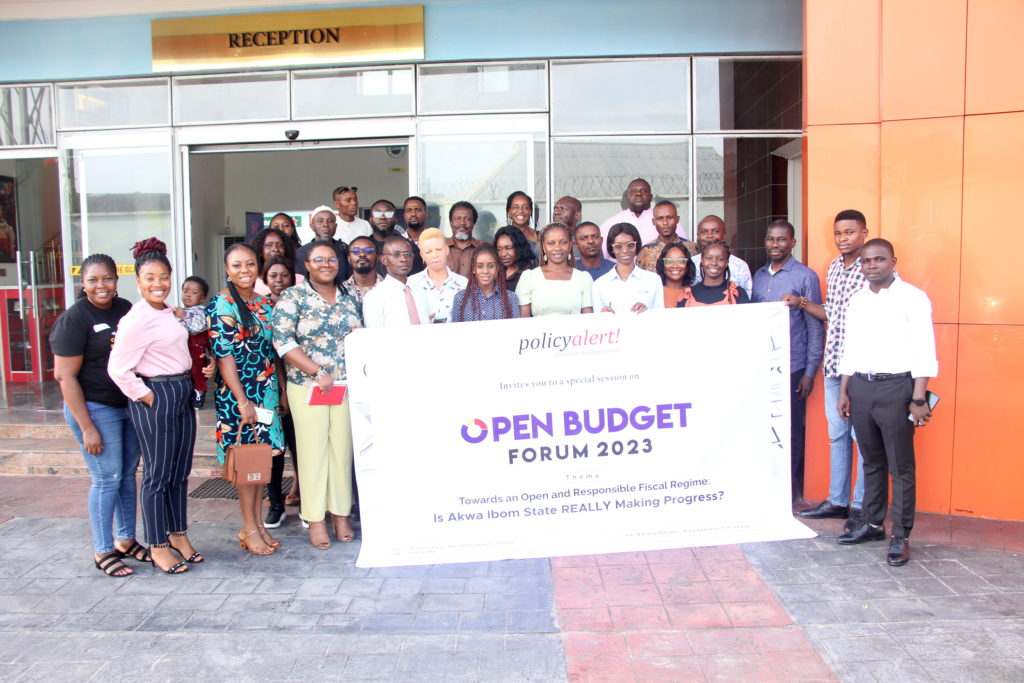
We are delighted to announce that we held the 8th Edition of our Open Budget Forum on the 10th of October 2023, at Havilah Towers and Suites in Akwa Ibom State. The Open Budget Forum brought together policymakers, legislators, media, business leaders, civil society leaders, community representatives, and other citizens to reflect on the performance of the current fiscal budget, review developments in public finance management, and build consensus on needed course corrections and priorities for the next fiscal year.
This year’s forum was organized to review the second quarter budget report and to determine if the state is making progress in the area of an open and responsible fiscal regime.
In a speech delivered during the Open Budget Forum, Architect Ezekiel Nya-Etok highlighted the crucial role of good health and emphasized the necessity of prioritizing the health sector in government budgets. Furthermore, he emphasized the benefits of transparency and accountability in promoting effective democratic governance.
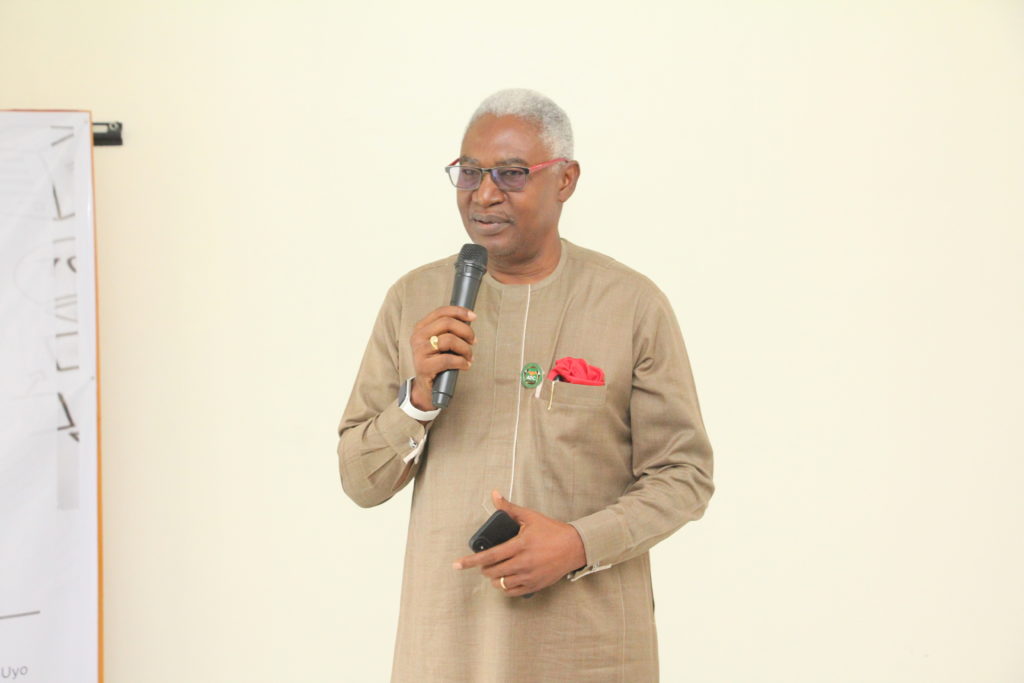
A major observation made at the forum by the Executive Director, of Policy Alert, Tijah Bolton-Akpan during his opening remark was the inconsistency in funding for agencies that provide service delivery at the grassroots level. The State Universal Basic Education Board (SUBEB), Primary Health Care Development Agency (PHCDA), and the Akwa Ibom State Rural Water Supply and Sanitation Agency (AKRUWATSAN), are responsible for delivering social goods and services to the poorest of the poor at the grassroots, did not receive funding for the first half of 2023. A trend that he said was worrisome and could lead to a health emergency in the near future.
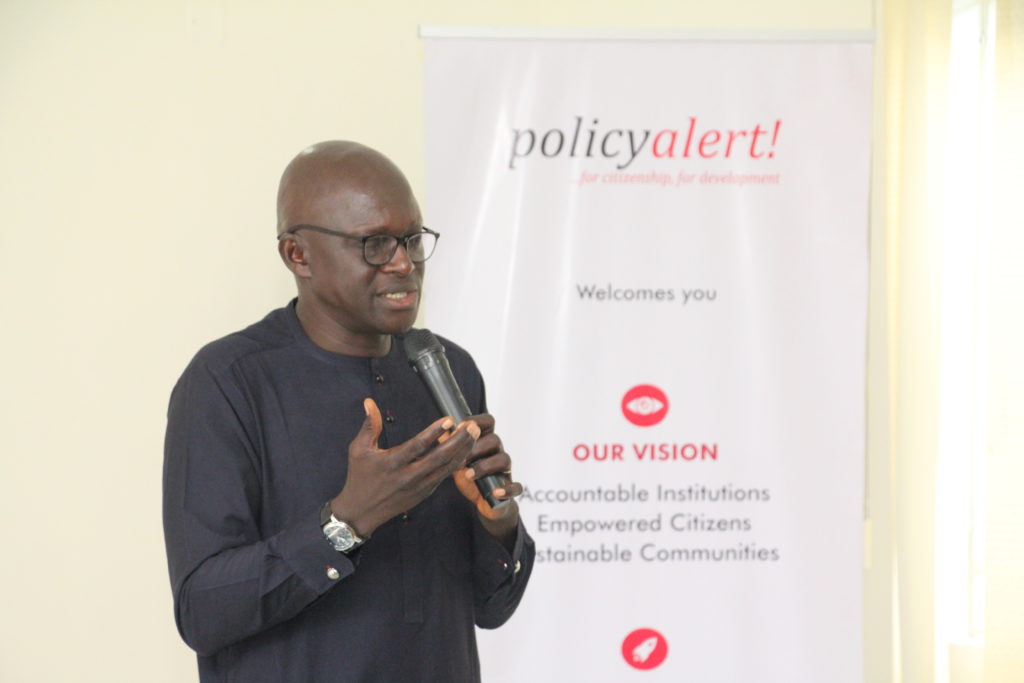
Furthermore, it was also observed that a portion of the capital releases at mid-year was channeled to the administrative sector, which is not in line with the primary responsibility of the government, which is to provide security and social welfare for its citizens. The failure of the government of Akwa Ibom State to publish its capital expenditure further compounds the issue of transparency and accountability, which are critical components of efficient governance as citizens are well within their rights to know what their money has been expended on.
Another critical matter highlighted during the forum was the government’s disregard for the public procurement law. According to this law, procurement must only be performed by organizations with the financial means to execute such transactions. However, the government’s habitual practice of guaranteeing loans for contractors is inconsistent with this provision and should be discontinued immediately.
Lastly, the forum highlighted that the state’s debt profile is growing alongside its revenue profile, which contradicts the fiscal responsibility law that prohibits deficit financing exceeding 3% of the previous fiscal year’s total revenue. To comply with the law, the government needs to align its heightened revenue with a decreased tendency for borrowing.
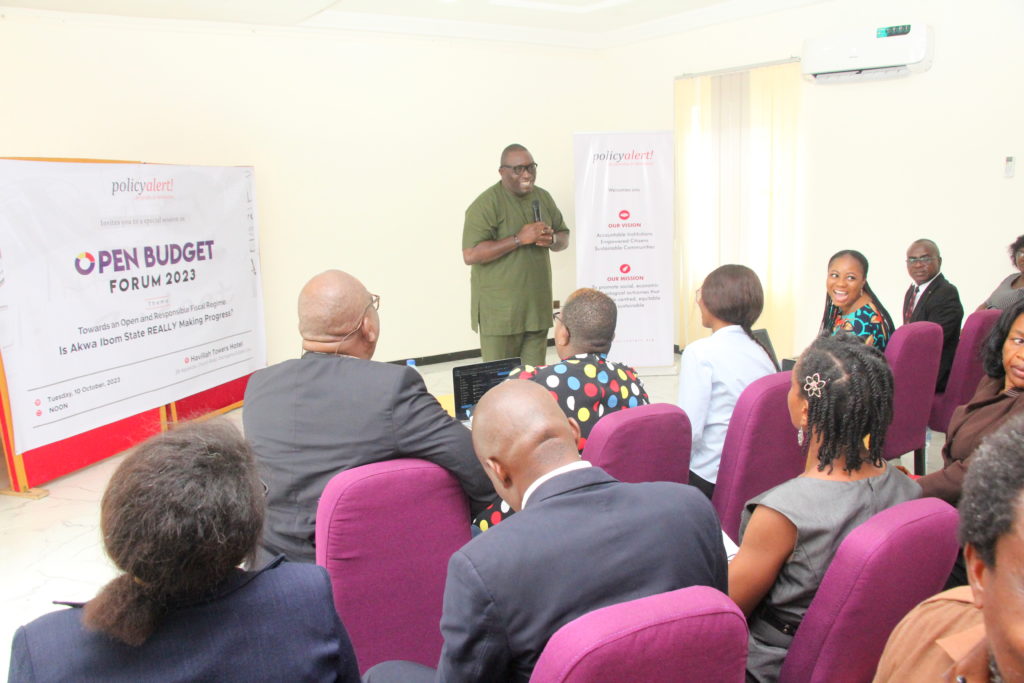
After extensive discussions and presentations, Policy Alert and other stakeholders have agreed on the following recommendations and actions:
1. All Financial Statements claiming to provide transparency must be discontinued if they fail to promote openness.
2. Lawmakers should prioritize the greater public interest over personal loyalties by rigorously scrutinizing the provisions line by line, in conjunction with existing fiscal data, to ensure alignment with citizens’ needs and priorities.
3. The Akwa Ibom State Budget Office and the Akwa Ibom State House of Assembly must immediately publish online the approved supplementary budget’s details to facilitate citizen engagement and bolster trust in the state government’s fiscal decision-making process.
4. The government should prioritize funding for grassroots service delivery agencies as the last quarter of the year approaches.
These recommendations and actions, if taken, will help promote transparency and accountability in the management of public finances in Akwa Ibom State, thereby ultimately benefiting the people of Akwa Ibom State.
